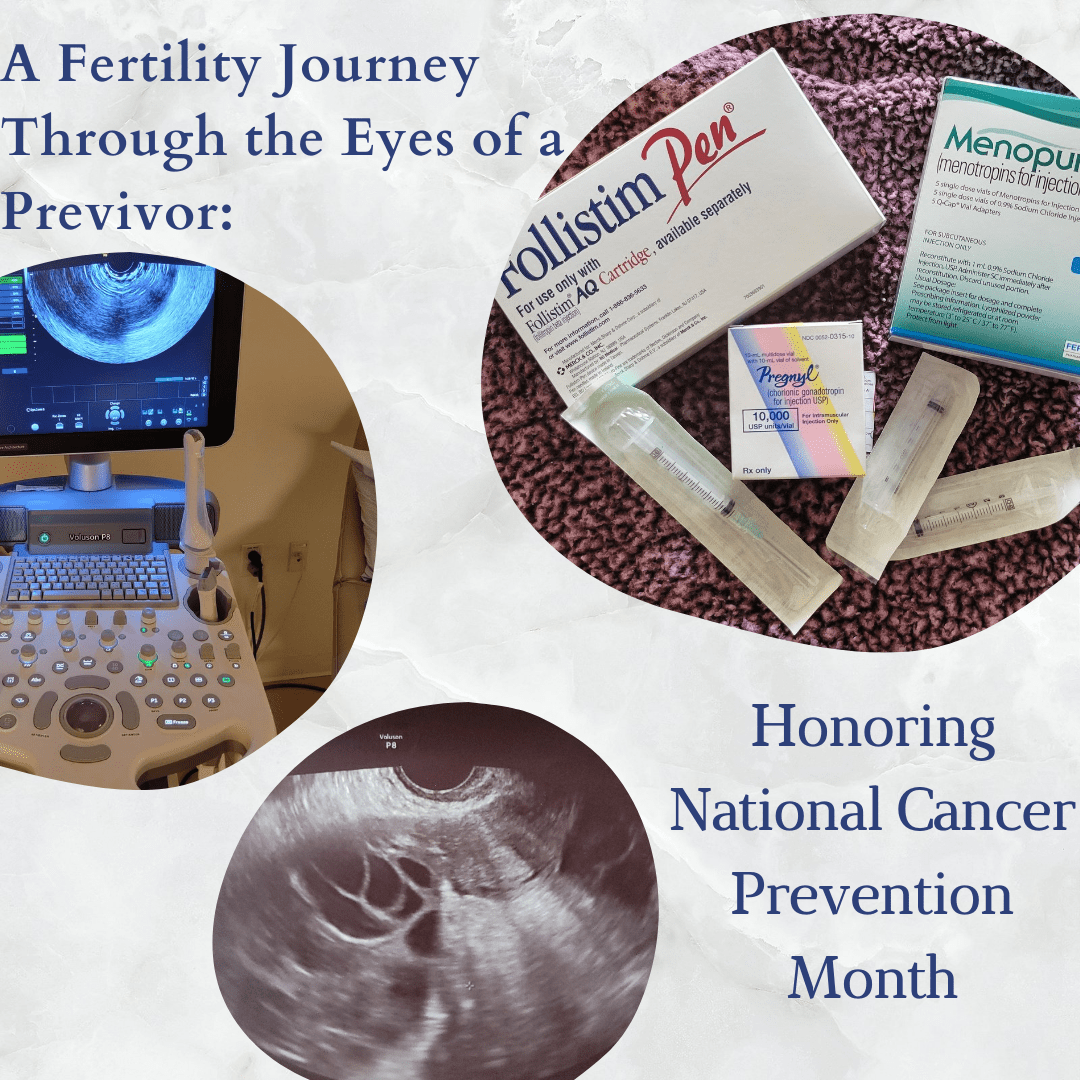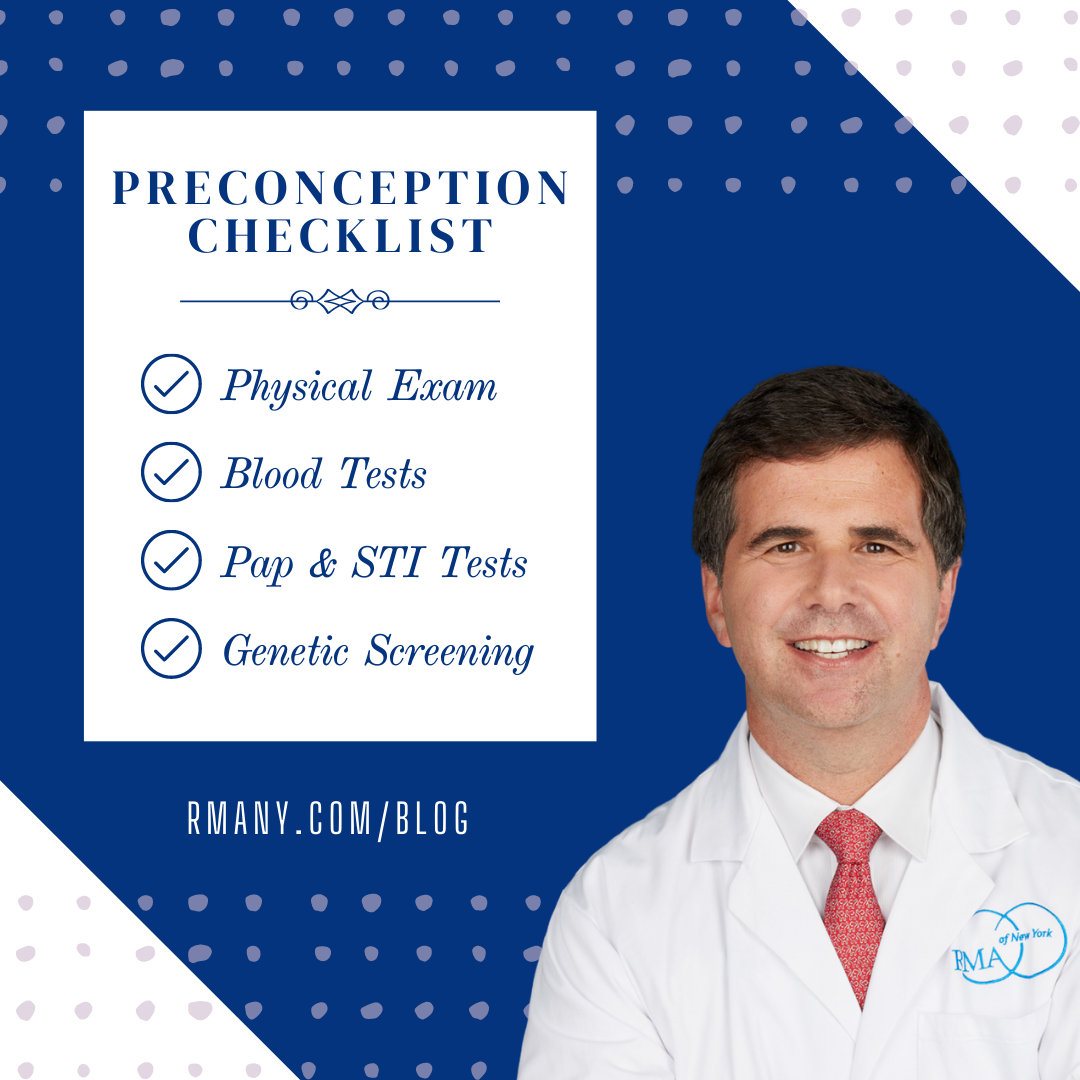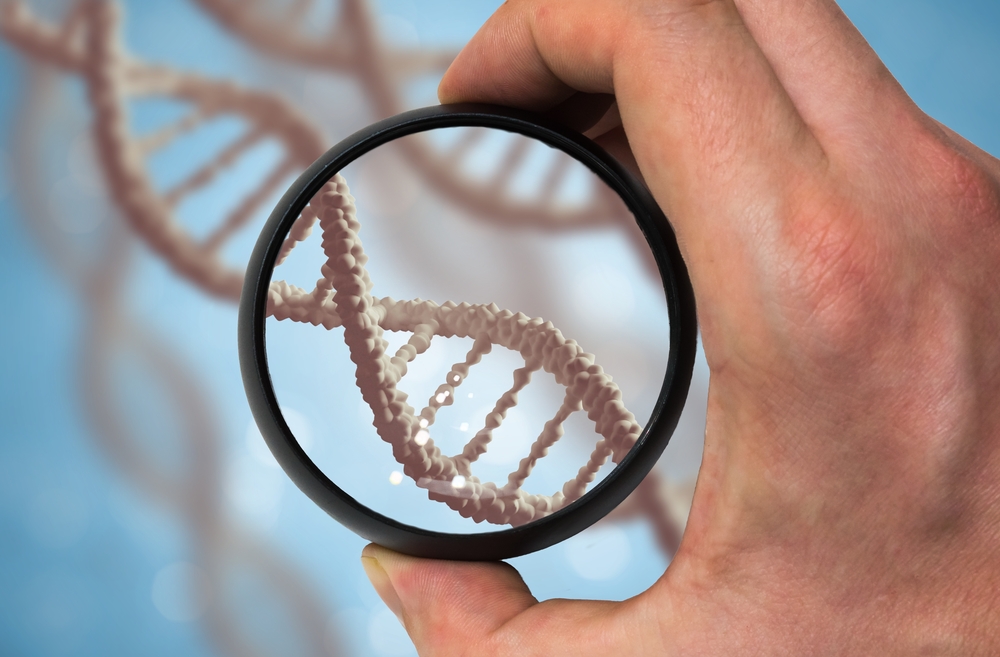Category: Genetics

What is Endometriosis?
Endometriosis affects an estimated 190 million women worldwide, approximately 10% of all women, during their reproductive years. Despite the statistical significance of this disease, endometriosis often goes unrecognized due to other conditions displaying similar symptoms and a definitive diagnosis can only be obtained through surgical intervention.
March 3, 2023
Read More![Genetic Causes of Infertility]()
Genetic Causes of Infertility
Infertility is defined as the inability to conceive after twelve months of unprotected intercourse …
November 28, 2022
Read More![A Fertility Journey Through the Eyes of a Young Previvor: Honoring National Cancer Prevention Month]()
A Fertility Journey Through the Eyes of a Young Previvor: Honoring National Cancer Prevention Month
At the age of 22, I heard the words, “You have your mother’s BRCA1 mutation.” My world flipped …
February 21, 2022
Read More![Preconceptual Testing]()
Preconceptual Testing
If you and your partner are considering becoming pregnant, your physician may recommend a variety …
January 31, 2022
Read More![Living with Lynch Syndrome: A Patient's Perspective]()
Living with Lynch Syndrome: A Patient's Perspective
Dr. Luz Estefhany Soto-Cossio, an internal medicine physician and Lynch syndrome carrier, has …
March 22, 2021
Read More![Myths about Egg Donation - and the Realities]()
Myths about Egg Donation - and the Realities
You probably studied human reproduction in your high school biology class and learned even more if …
February 22, 2021
Read More![Mosaic Embryos: What does it mean, and how to handle it?]()
Mosaic Embryos: What does it mean, and how to handle it?
If you are undergoing fertility treatment using in vitro fertilization (IVF), it is highly likely …
January 18, 2021
Read More![Understanding BRCA]()
Understanding BRCA
A hereditary cancer syndrome is a predisposition to certain types of cancer caused by inherited …
October 21, 2019
Read More![Understanding Implantation Failure from a Biological Perspective]()
Understanding Implantation Failure from a Biological Perspective
Implantation failure is a commonly cited cause of infertility. Some causes of implantation failure include uterine anomalies, male factor infertility, and embryonic factors, such as chromosomal abnormalities, genetic mutations, or factors associated with energy production and stress response. Pre-implantation genetic testing (PGT) has improved live birth rates and reduced miscarriage rates remarkably, but physicians are still trying to understand why some chromosomally screened embryos fail to implant. Mitochondria, which are the primary energy source of cells, have been suggested to play a role in embryonic competence.
August 19, 2019
Read More![What is a Carrier Screening and What Can it Tell You About Your Genetics?]()
What is a Carrier Screening and What Can it Tell You About Your Genetics?
Carrier screening is a type of genetic testing used to assess genetic risks to a patient/couple’s …
July 15, 2019
Read More









